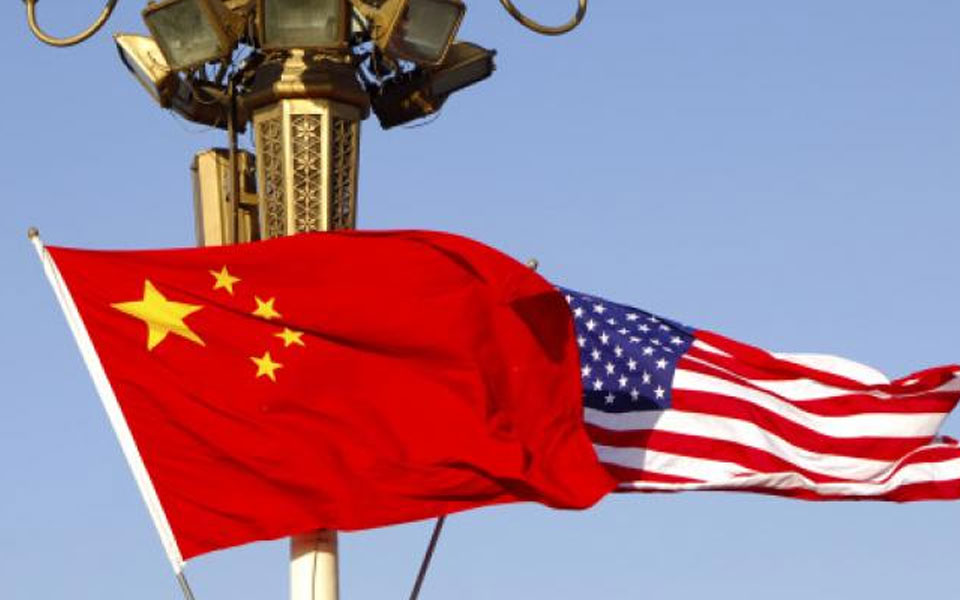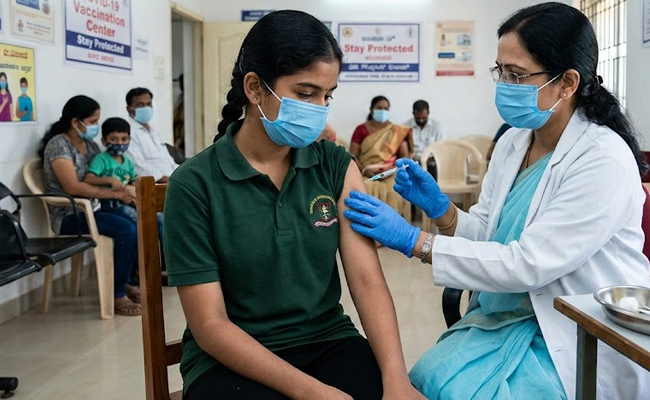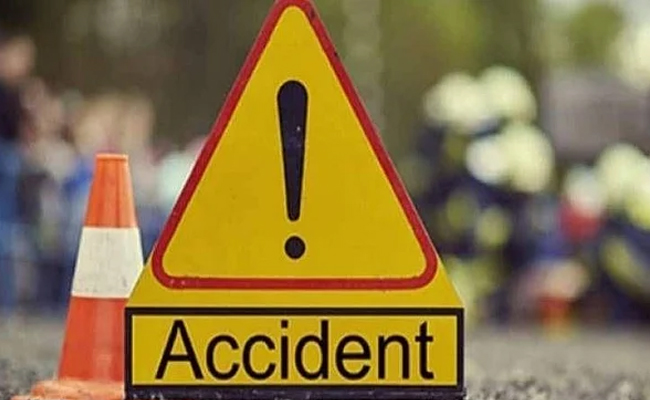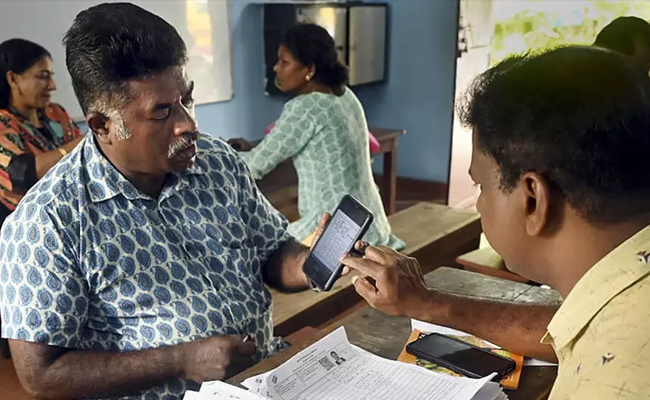Washington, Oct 6 : The aggressive Chinese industrial policies has adversely impacted some of the critical American capabilities and its defense manufacturing base, the Pentagon said in a report.
In its report at the direction of the President Donald Trump, the Pentagon said Friday while many companies have established their research and development wing in countries like India and China, the latter is different in its approach.
"Many technology-intensive multinational corporations have established R&D facilities in countries like India and China for access to cheap, high skilled labour. As part of its industrial policy aggression, China has forced many American companies to offshore their R&D in exchange for access to the Chinese market," the Pentagon report said.
As technical innovation moves abroad, changing rules around intellectual property development will impede US access to the latest manufacturing technologies and decrease overall competitiveness, it said.
"At risk is America's loss of leadership in industries of the future such as artificial intelligence, quantum computing, and robotics. Over the remainder of this century, these emerging industries will help redefine the battlefield," the Pentagon said.
According to the Pentagon, China's capture of foreign technologies and intellectual property, particularly the systematic theft of US weapons systems and the illicit and forced transfer of dual-use technology, has eroded the military balance between the US and China.
Such transfers aid China's efforts to gain a qualitative technological advantage over the US across key domains, including naval, air, space, and cyber, it said.
"China's aggressive industrial policies have already eliminated some capabilities with critical defense functions, including solar cells for military use, flat-panel aircraft displays, and the processing of rare earth elements," the report said.
As such China's actions seriously threaten other capabilities, including machine tools; the production and processing of advanced materials like biomaterials, ceramics, and composites; and the production of printed circuit boards and semiconductors, the report said.
The Pentagon said foreign dependency risk arises when domestic industry does not produce the item, or does not produce it in sufficient quantities. China is the single or sole supplier for a number of specialty chemicals used in munitions and missiles.
In many cases, there is no other source or drop-in replacement material and even in cases where that option exists, the time and cost to test and qualify the new material can be prohibitive especially for larger systems (hundreds of millions of dollars each), it said.
According to the report "Assessing and Strengthening the Manufacturing and Defense Industrial Base and Supply Chain Resiliency of the United States" currently, the US industrial base faces an unprecedented set of challenges: sequestration and uncertainty of government spending; the decline of critical markets and suppliers; and unintended consequences of the US government's acquisition behaviour, aggressive industrial policies of competitor nations; and the loss of vital skills in the domestic workforce.
The report said increasing globalisation of the supply chain and a diminishing domestic manufacturing sector are combining to create human capital gaps and erosion of American capabilities. STEM knowledge and core trade skills are necessary to ensure the holistic and synergistic health of the defense ecosystem.
It said skill gaps in both areas entail inherent risk, from a decline in production capacity to decreased innovation.
Let the Truth be known. If you read VB and like VB, please be a VB Supporter and Help us deliver the Truth to one and all.
Mumbai (PTI): More than 8.9 lakh girls in the age group of 14-15 years in Maharashtra will be administered the HPV vaccine to prevent cervical cancer, Health Minister Prakash Abitkar said in the legislative council on Wednesday.
Replying to a Calling Attention Motion, Abitkar said a three-month vaccination drive will be launched on Women's Day (March 8).
"During the drive, the HPV vaccine will be administered to 8.94 lakh females in the age group of 14-15 years," he said.
He said another group of girls in the same age bracket will be covered next year.
The minister added that the government is also planning to screen everyone above 30 years of age for oral, breast, and cervical cancer.
The nationwide Human Papillomavirus (HPV) vaccination campaign was launched by Prime Minister Narendra Modi on Saturday.





